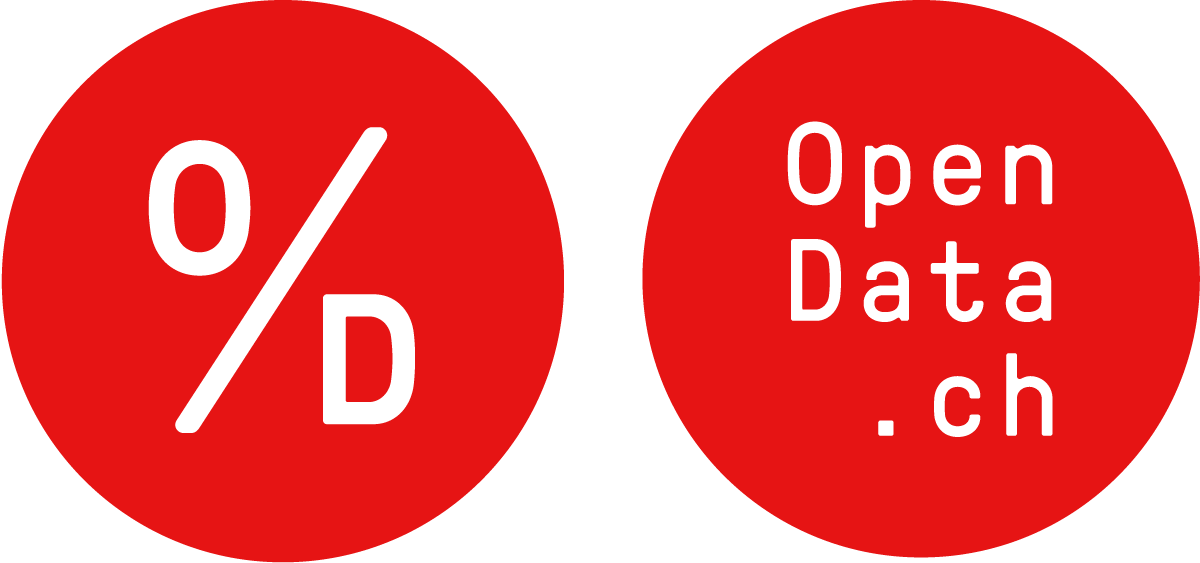UPU hackathon makes international postal data available for the first time
- Hackathon
The Universal Postal Union (UPU) – the UN specialized agency for international postal corporation – held its inaugural postal data hackathon, making available data from the UPU, UN partners and 30 postal operators for the first time ever for collaborative analysis and the development of data-driven solutions with partners within and beyond the postal sector. We had the pleasure of supporting the UPU in facilitating it.
The hackathon, which focused on “Unlocking the value of postal data”, took place on 23 and 24 June at the UPU’s headquarters in Berne, Switzerland. Nearly 60 participants representing UN organizations, academic institutions, companies and postal operators from more than 20 countries gathered to evaluate data and find innovative solutions to enhance the efficiency and sustainability of the international postal network.
The Postal Data Hackathon was organized by the UPU with the support of the La Poste Group (France), UPU Consultative Committee member Eurora, the Swiss Federal Institute of Technology Lausanne (EPFL), and the ITU. It was facilitated by us (Opendata.ch) with contributions from data partners, including the International Civil Aviation Organization (ICAO) and the United Nations Statistics Division.
“Your enthusiasm to participate in this first ever UPU hackathon reflects a shared commitment to collaboration, innovation and the power of collective knowledge,” said UPU Director General Masahiko Metoki during the hackathon’s opening session on 23 June.
“The UPU recognizes the immense potential that lies within postal data – that is why we have embarked on this ground-breaking hackathon to unlock that potential, address critical challenges, and pave the way for a more interconnected, efficient and sustainable future.”
The participants of the hackathon met on Friday morning in a cheerful mood and full of enthusiasm. UPU Director General Masahiko Metoki addressed the participants and kicked off the hackathon. After the team of Opendata.ch explained the tools and the procedure, it was time for team building. All challenges of the UPU Hackathon can be viewed on our hack platform. The event photos are available here and can be used freely provided that credit is given to the UPU.
Participants collaborated on ambitious tasks that addressed pressing issues in multi-functional and multi-disciplinary groups that included data scientists, developers, business managers, and individuals with complementary abilities. They had access to a wide range of UPU data sources, including postal item tracking data; global addressing data with geo-coordinates; country statistics; UPU standards; ICAO aviation data; and UN Comtrade data. All data sources excluded personal information. We were happy to support the UPU on their journey to more openness.
One team led by the United Nations Environment Programme (UNEP) and the Swiss Federal Institute of Technology Zurich (ETH Zurich) looked at plastic pollution and how linking plastic-related and postal datasets can help trace plastic footprint and create incentives to reduce it.
Another team led by Poste Italiane combined open data with UPU data to develop a web application which provided better visibility and traceability of postal items. By making accurate predictions of delivery paths and optimizing delivery routes, the solution can help minimize transit time, enhancing customer satisfaction.
InfoNetworks and the Global Legal Entity Identifier Foundation (GLEIF) led a team that focused on the improvement of security and efficiency of cross-border delivery. By coupling secure digital identities with trusted postal data, they looked at increasing cross-referencing of authoritative data sources and explored potential dynamic (bi-directional) exchange of data to improve the overall accuracy of their solution.
The unconnected proliferation of data sets used by different organizations throughout the supply chain was tackled by a team led by GS1, UPU Consultative Committee member, which aimed to improve the clarity of communication about the progress of deliveries. Their proposed solution, Sync Code, is the concept of a global standard that would allow to include structured data into a 2D barcode, facilitating its interpretation by any party regardless of its origin.
Closing the event, UPU Deputy Director General Marjan Osvald expressed his confidence that the ideas generated over the two hackathon days had laid the foundation for potential breakthroughs that would shape the future of postal services worldwide: “I want to emphasize the significance of the international postal data that was made available for the first time ever during this hackathon. The access to UPU data and the contributions from 30 postal operators and UN partner data was a game-changer. The insights and analysis derived from this wealth of information will undoubtedly drive data-driven solutions and pave the way for a more efficient and sustainable postal network”.
The event was concluded by an apero on the magnificent terrace of the UPU main building. The weather cooperated and even allowed us to enjoy the sunshine and play table tennis on the roof terrace. We are already looking forward to the next edition of the UPU Postal Hackathon.
